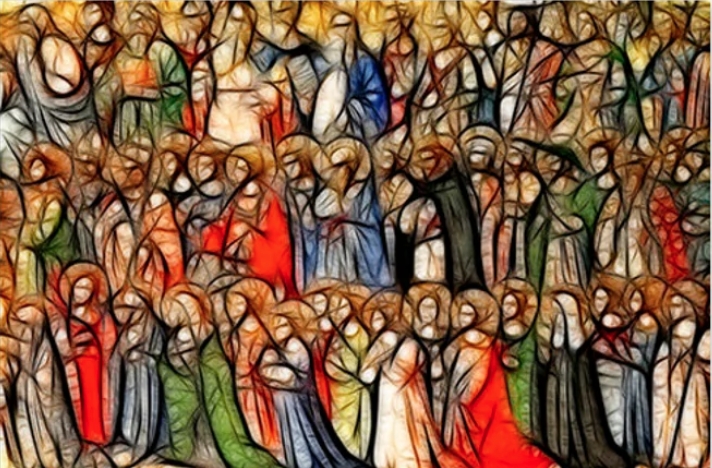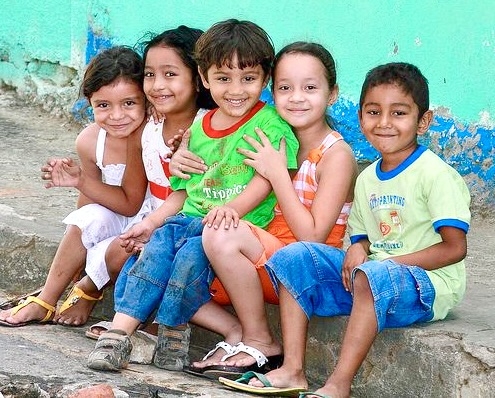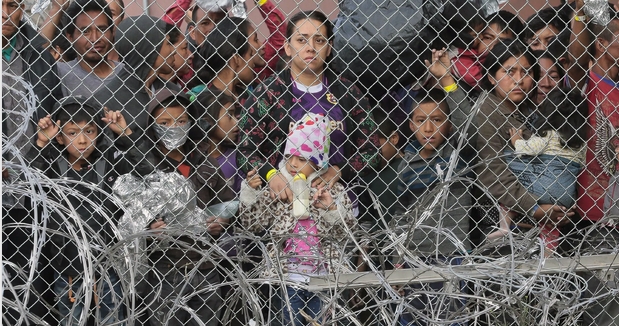These reflections are a result of more than 40 years of ministry as a Roman Catholic priest. Most of these years I spent in the Diocese of Charlotte which covers Western North Carolina. Now I am retired, and live in Medellín, Colombia where I continue to serve as a priest in the Archdiocese of Medellín.

The souls of the just are in the hand of God, and no torment shall touch them. They seemed, in the view of the foolish, to be dead; and their passing away was thought an affliction and their going forth from us, utter destruction. But they are in peace. (Wis 3:1-9)
https://bible.usccb.org/bible/readings/110223.cfm
Give rest, O Christ,
to thy servants with thy saints,
where sorrow and pain are no more;
neither sighing, but life everlasting.
(Russian Kontakion for the Departed, Orthodox Liturgy)
Eternal rest grant unto them, O Lord. And let perpetual light shine upon them. May they rest in peace. Amen. And may their souls, and the souls of all the faithful departed through the mercy of God rest in peace. Amen.

After this I had a vision of a great multitude, which no one could count, from every nation, race, people, and tongue. They stood before the throne and before the Lamb, wearing white robes and holding palm branches in their hands. They prostrated themselves before the throne, worshiped God, and exclaimed: “Amen. Blessing and glory, wisdom and thanksgiving,
honor, power, and might be to our God forever and ever. Amen." (Rev 7:9-12)
https://bible.usccb.org/bible/readings/110123.cfm
Today’s Feast of All Saints and tomorrow’s Commemoration of All the Faithful Departed form two moments of one feast—remembering and celebrating all the faithful ones who have gone before us and handed on the faith to us. As we say in the Apostles' Creed: "I believe in the communion of saints." Happy Feast Day to them and to all of us! May we follow them walking in the footsteps Jesus.

I consider that the sufferings of this present time are as nothing compared with the glory to be revealed for us. For creation awaits with eager expectation the revelation of the children of God. (Rom 8:18-25)
https://bible.usccb.org/bible/readings/103123.cfm
The revelation of the children of God . . . the “present time” with all its problems can make us despair that things could ever get better or be different. Saint Paul sees the sufferings as evidence of the LONGING and the EAGER EXPECTATION for what God has in store. I think this old world is going to be surprised at that revelation and also at the glory.

For those who are led by the Spirit of God are children of God . . . and if children, then heirs, heirs of God and joint heirs with Christ, if only we suffer with him so that we may also be glorified with him. (Rom 8:12-17)
https://bible.usccb.org/bible/readings/103023.cfm
To be “led by the Spirit of God” . . . helps us to understand the image which the Second Vatican Council proposed for the church: the church as the Pilgrim People of God. A pilgrim people is a people on the move . . . as Jesus himself said, “I am the Way, the Truth and the Life.” And it is the Lord who invites us: Come, follow me.

Thus says the LORD: "You shall not molest or oppress an alien, for you were once aliens yourselves in the land of Egypt. You shall not wrong any widow or orphan. If ever you wrong them and they cry out to me, I will surely hear their cry. If you lend money to one of your poor neighbors among my people, you shall not act like an extortioner toward him by demanding interest from him. If he cries out to me, I will hear him; for I am compassionate." (Ex 22:20-26)
https://bible.usccb.org/bible/readings/102923.cfm
Aliens, widows and orphans, the poor. Why is it we never pay attention to these passages? Some folks choose to ignore Catholic Social Teaching (CST) as if it were some modern heresy invented by Vatican II. But in fact, CST is quite ancient . . . as old as the Book of Exodus. If God listens to aliens, widows and orphans and the poor . . . we just might all be in serious trouble.



